Cholesterol is a fatty substance that plays a vital role in the body—supporting cell membranes, hormones, and vitamin D production. But when cholesterol levels become imbalanced, the risk of heart disease, stroke, and other health problems rises. While cholesterol is a concern for everyone, women face unique risks and considerations due to hormonal changes, pregnancy, and differences in body metabolism compared to men.
Understanding Cholesterol Basics
Cholesterol is carried in the blood by two main lipoproteins:
- LDL (Low-Density Lipoprotein): Often called “bad cholesterol,” high levels can cause fatty buildup in arteries.
- HDL (High-Density Lipoprotein): Known as “good cholesterol,” it helps remove excess cholesterol from the bloodstream.
- Triglycerides: Another type of fat that, when elevated, can raise heart risks, especially in women.
Maintaining a balance between LDL, HDL, and triglycerides is crucial to protect cardiovascular health.
Why Cholesterol Risks Differ for Women
Women experience cholesterol fluctuations during different life stages. Some key considerations include:
1. Hormonal Influence
- Estrogen: Before menopause, estrogen helps keep HDL levels higher and LDL lower, offering protection.
- Post-Menopause: With falling estrogen, LDL often rises while HDL drops, significantly increasing heart disease risk.
2. Pregnancy and Cholesterol
- Cholesterol naturally increases during pregnancy to support fetal growth.
- However, women with already high cholesterol or genetic conditions like familial hypercholesterolemia may face complications.
3. Oral Contraceptives & Hormone Therapy
- Birth control pills and hormone replacement therapy can impact cholesterol differently depending on formulation.
- Some raise triglycerides or LDL, while others improve lipid balance.
Unique Health Risks in Women
High cholesterol in women is linked to certain risks that may be overlooked:
- Silent Symptoms: Women often have subtler warning signs of heart disease, like fatigue, nausea, or back pain, instead of classic chest pain.
- Metabolic Syndrome: Women with high triglycerides and abdominal obesity face higher risk for type 2 diabetes and heart disease.
- Autoimmune Diseases: Conditions like lupus and rheumatoid arthritis, more common in women, increase inflammation and worsen cholesterol-related risks.
Preventive and Lifestyle Measures
Women can lower risks through proactive steps:
- Nutrition: Eat more fiber-rich foods, fruits, vegetables, whole grains, and omega-3 sources like flaxseed and salmon.
- Exercise: Aim for at least 150 minutes of moderate aerobic activity per week.
- Weight Management: Even small reductions in body weight can improve cholesterol balance.
- Limit Smoking & Alcohol: Both reduce HDL and worsen heart risk.
Screening and Medical Care
- Routine Checks: Women should have cholesterol tested every 4–6 years starting at age 20, and more often if risk factors exist.
- Post-Menopause Monitoring: Screening becomes more important after menopause due to hormonal changes.
- Medications: Statins, ezetimibe, or PCSK9 inhibitors may be recommended if lifestyle changes aren’t enough.
Key Takeaway
Cholesterol management in women goes beyond numbers. Hormones, life stages, and health conditions make cholesterol risks different compared to men. Regular screening, lifestyle choices, and personalized medical care are essential for prevention. By understanding these unique considerations, women can take charge of their heart health and reduce long-term risks.
ABOUT THE AUTHOR
Dr. Abid Akram is a dedicated medical practitioner known for his patient-centered approach and strong clinical expertise. With an MBBS degree and years of hands-on experience, he has developed a keen interest in preventive healthcare and internal medicine. Dr. Abid firmly believes that health is not just about treating illness but about empowering individuals to make lifestyle choices that prevent disease and promote long-term well-being. His approachable personality and ability to explain complex medical concepts in simple terms make him a trusted doctor among his patients. Outside of his clinical practice, Dr. Abid contributes to community health awareness programs, aiming to bridge the gap between medical knowledge and everyday life.
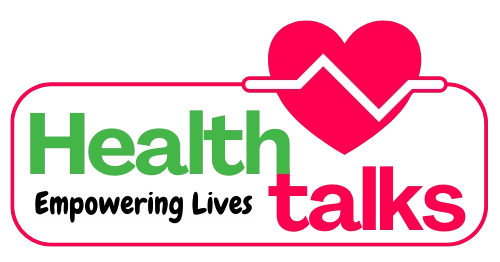
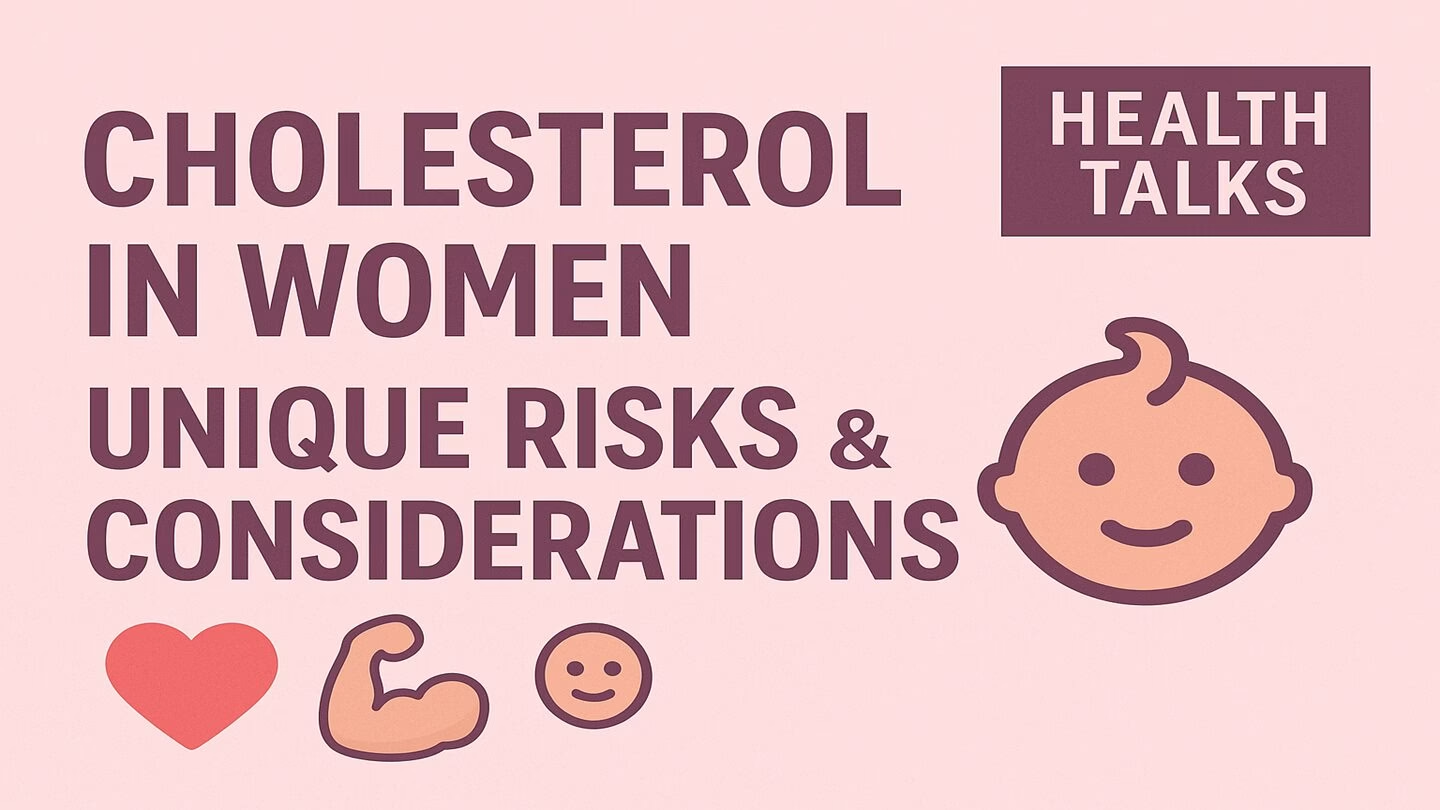

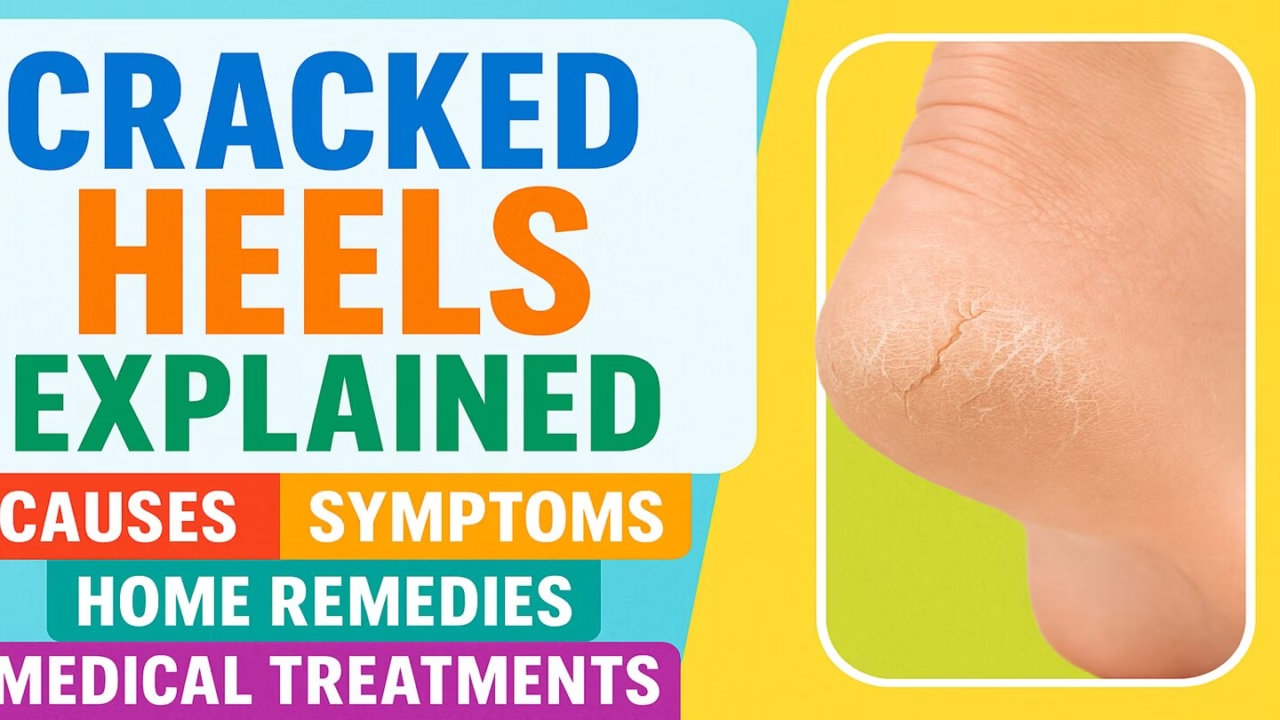

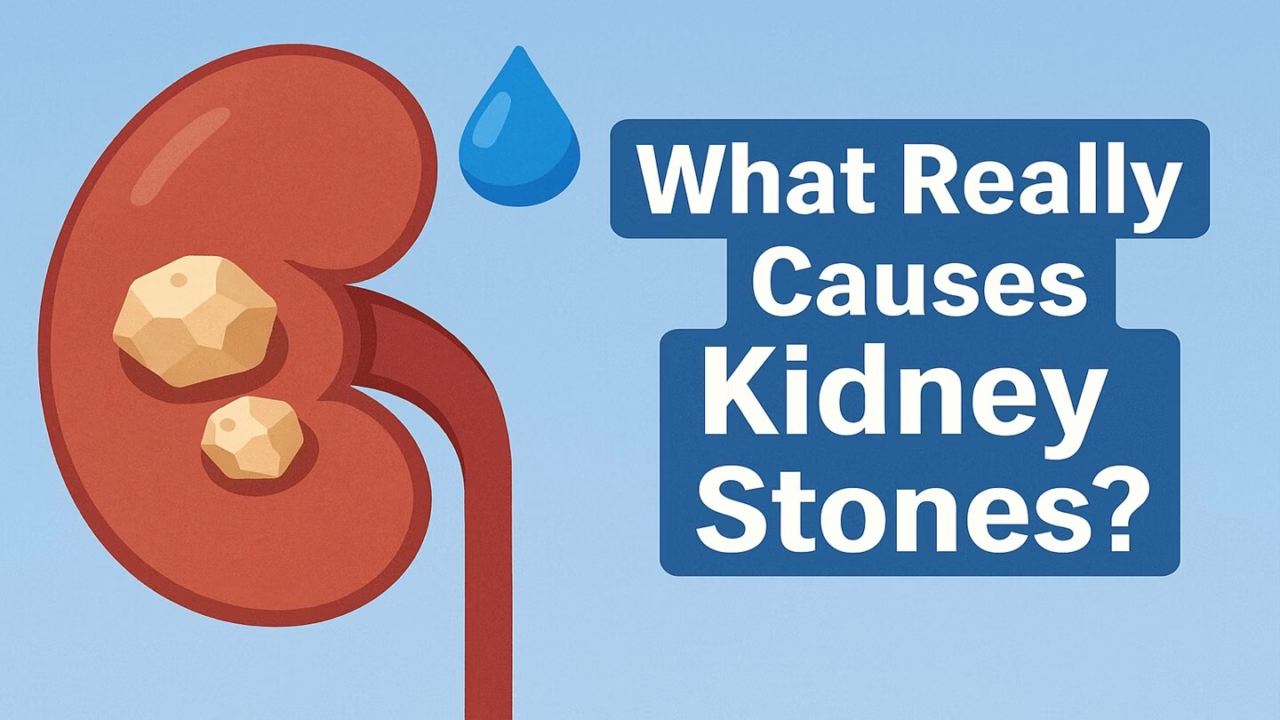


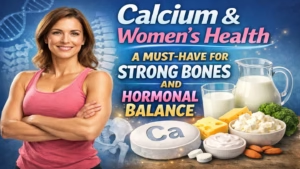
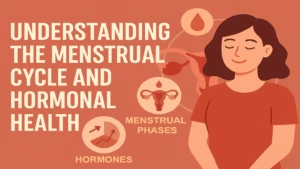

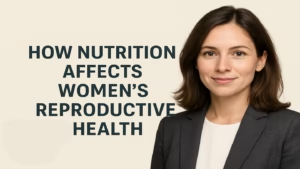
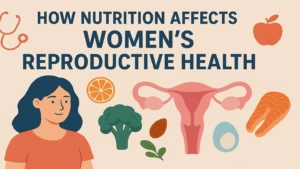
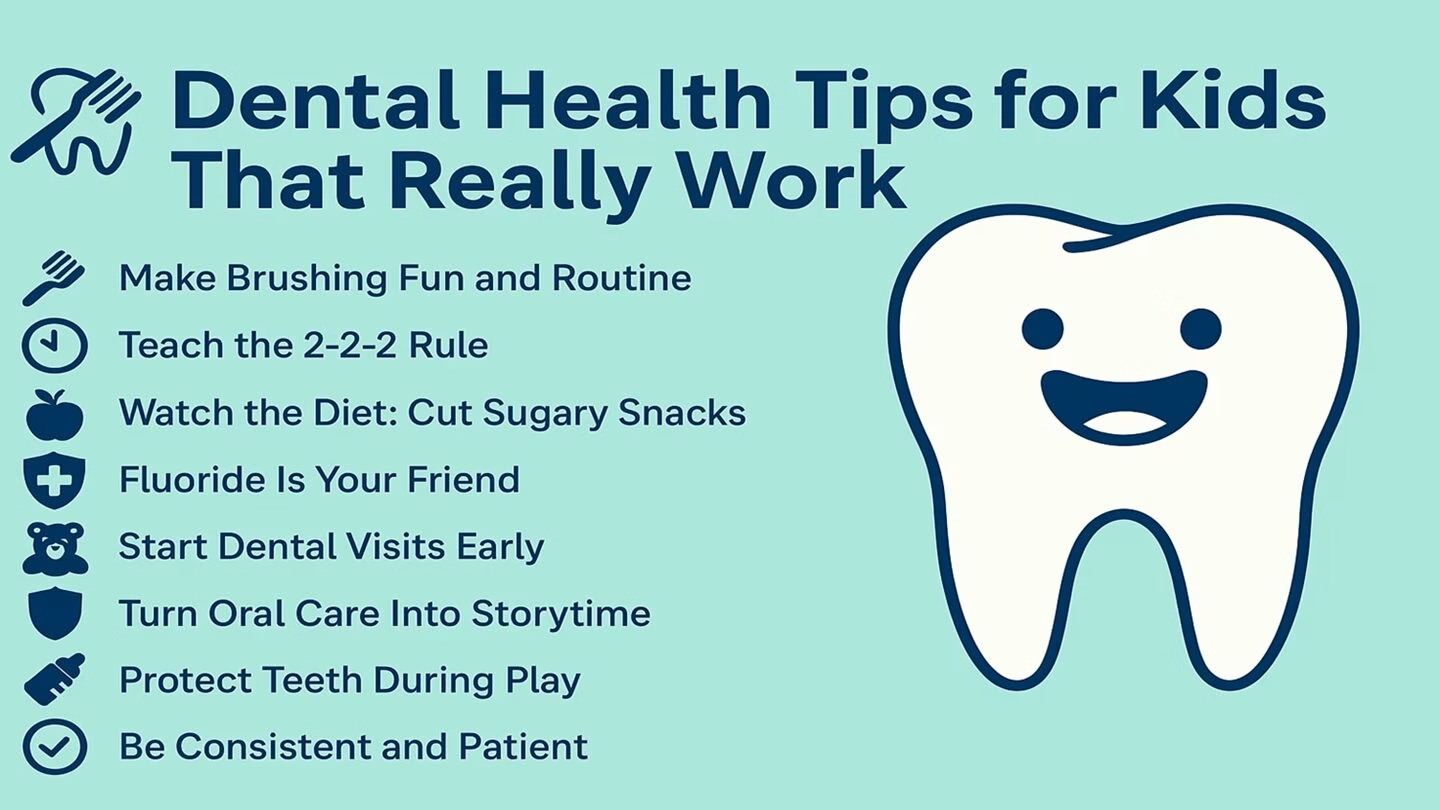
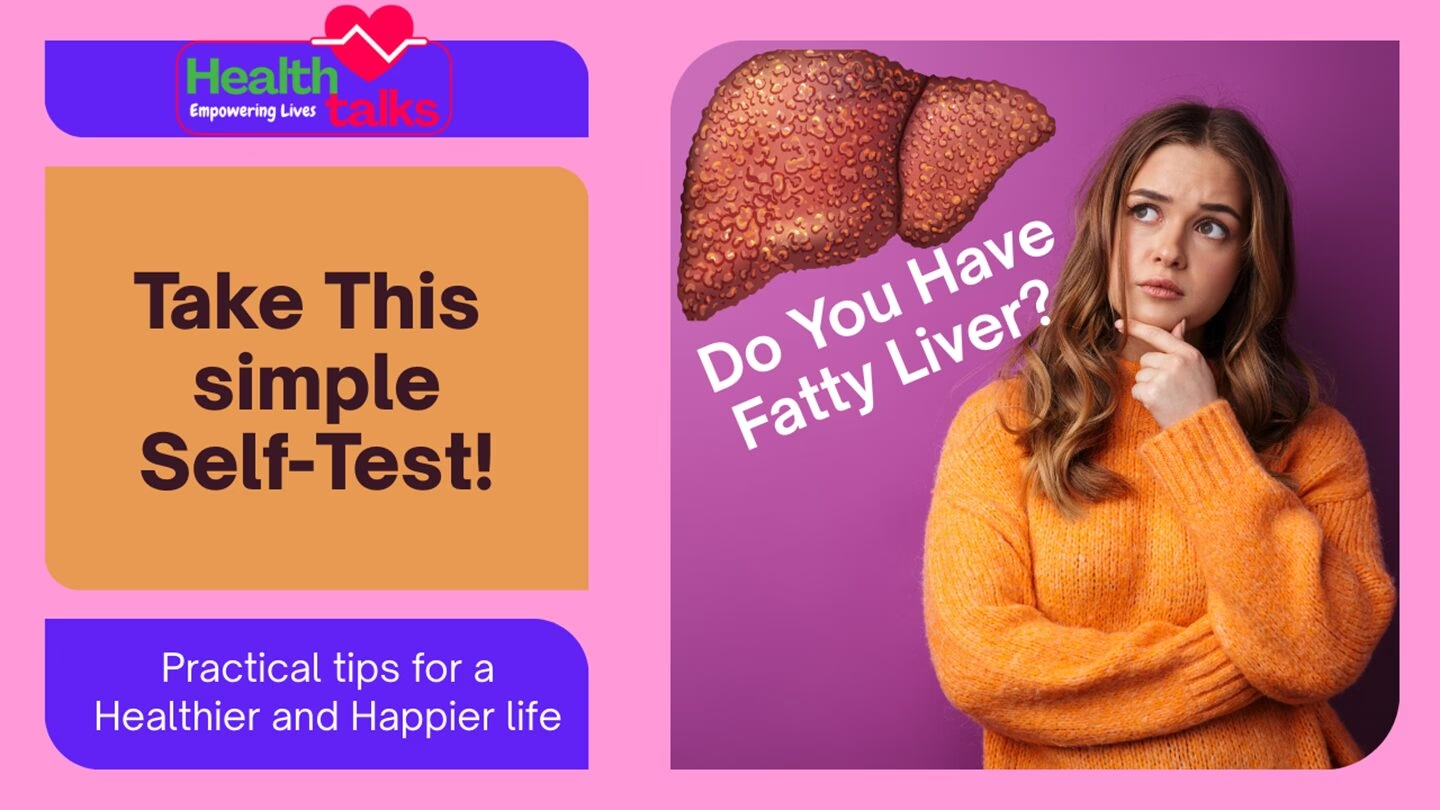
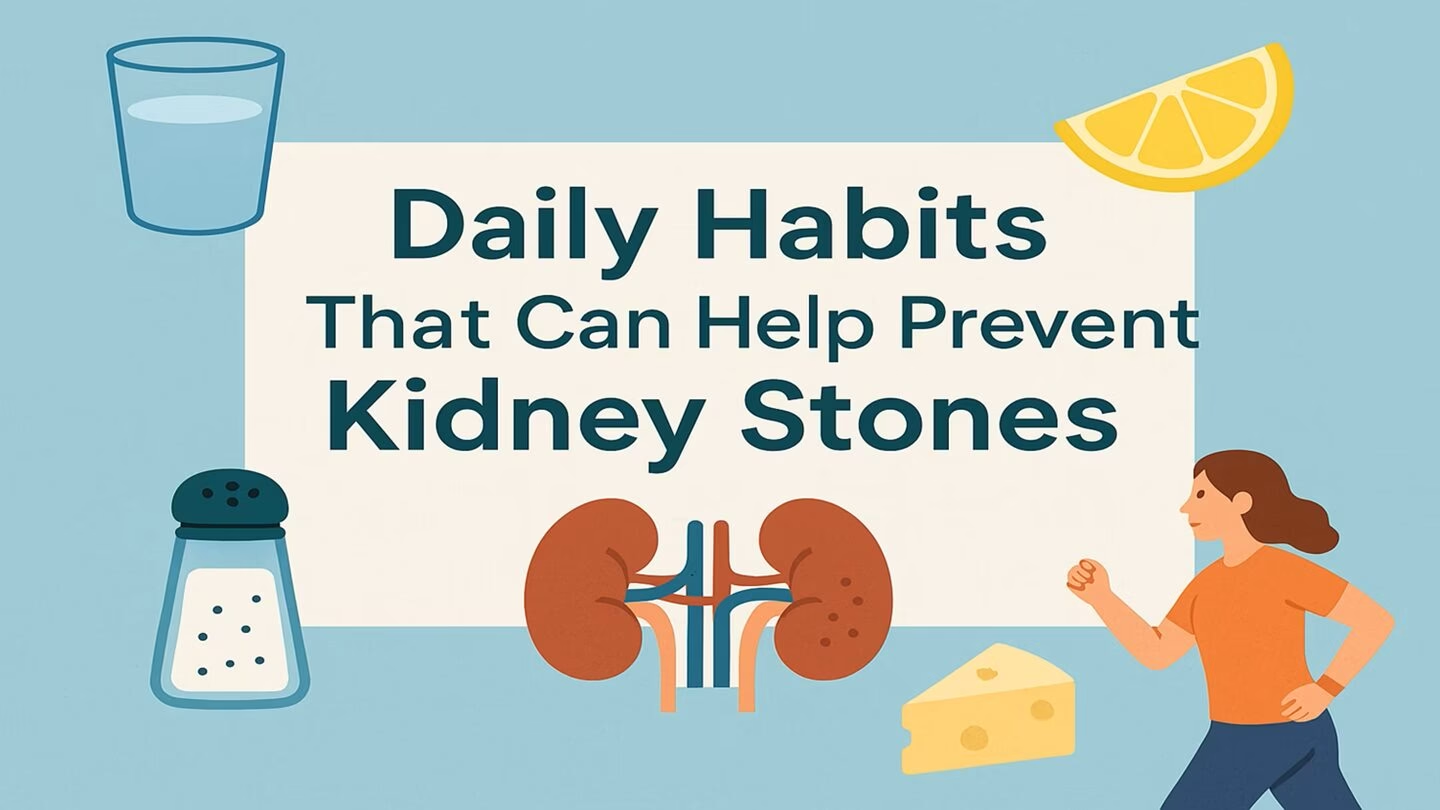
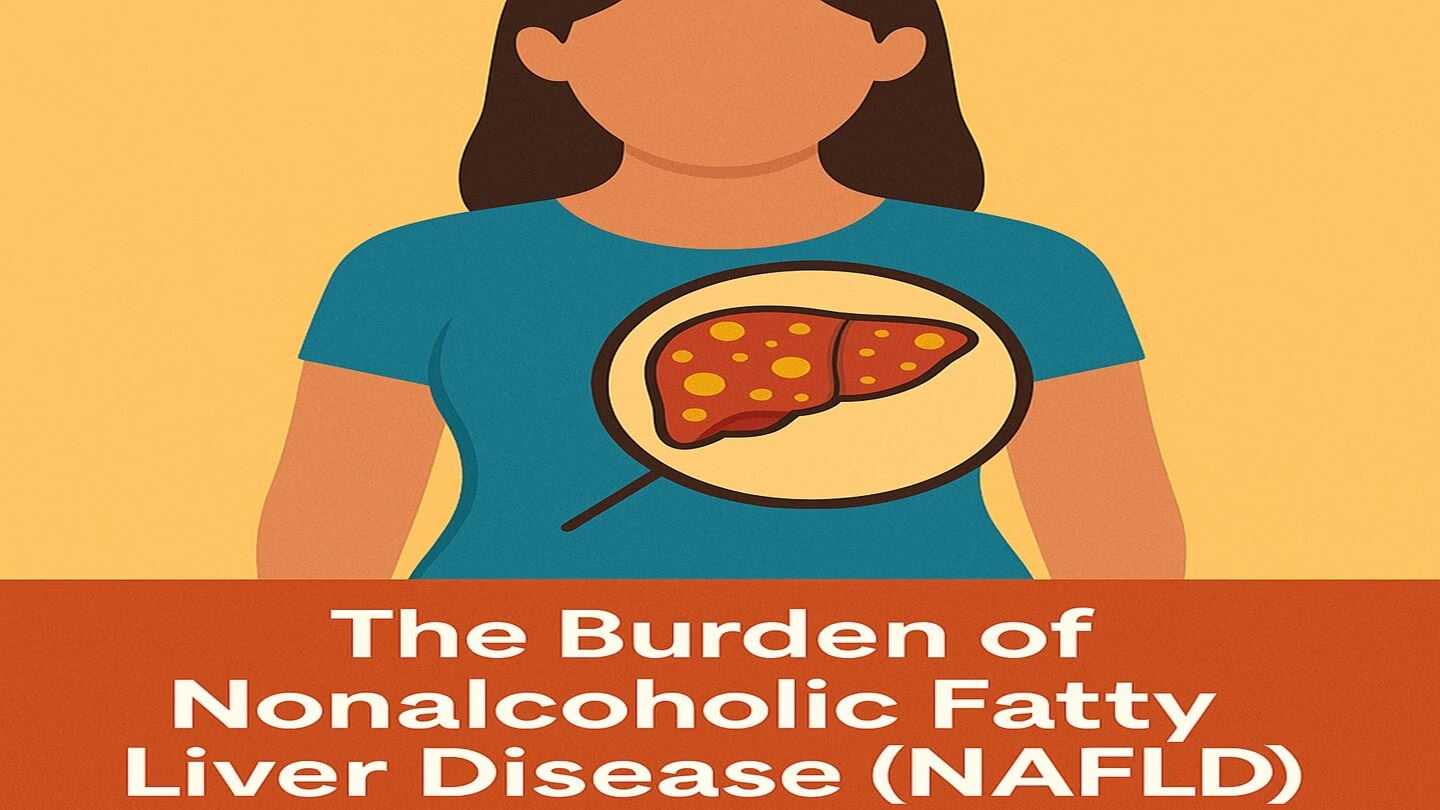
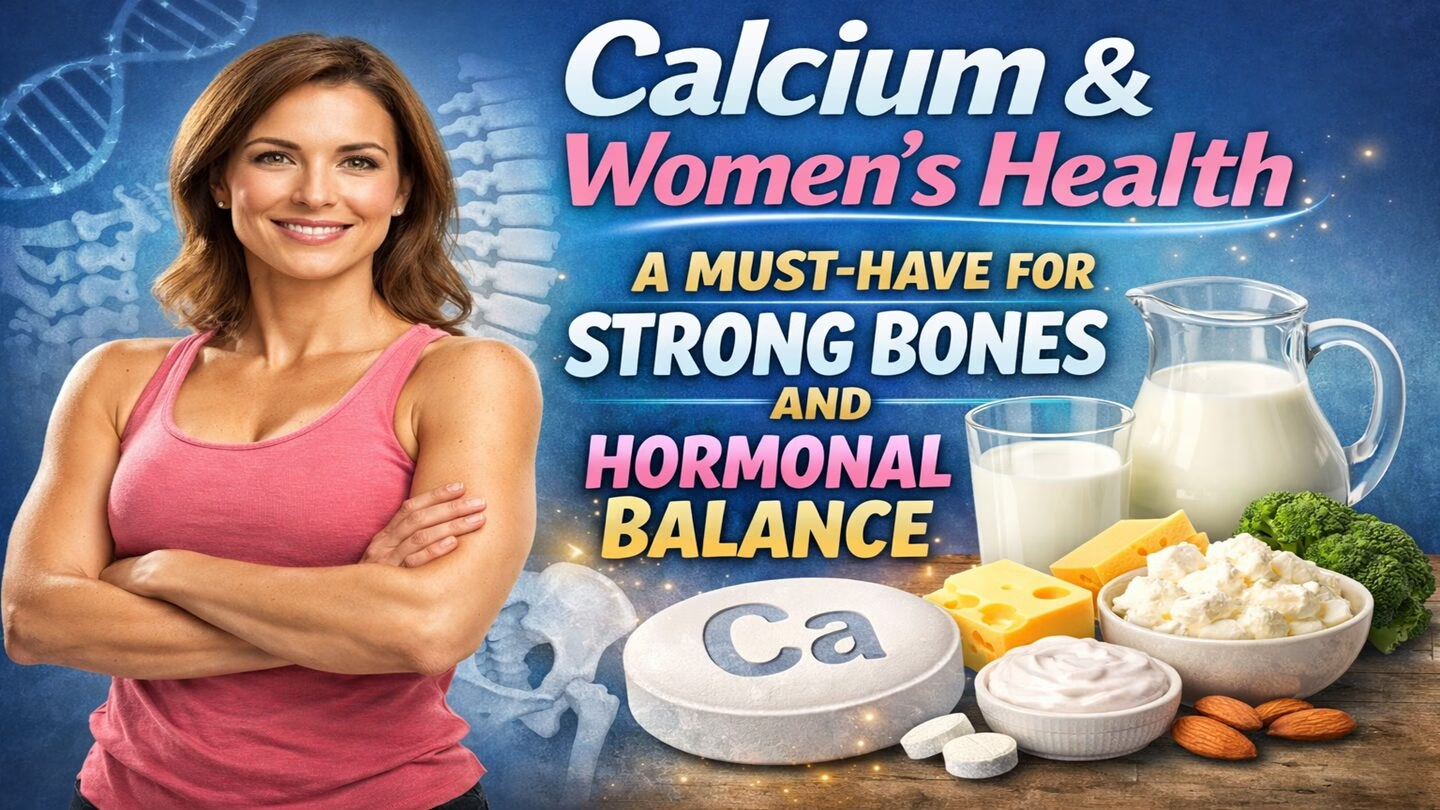
Add comment